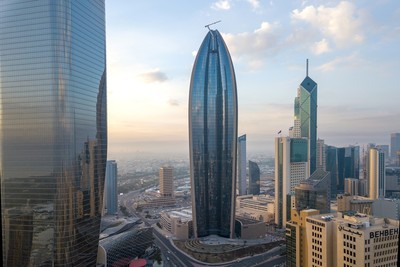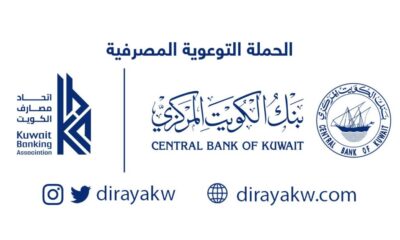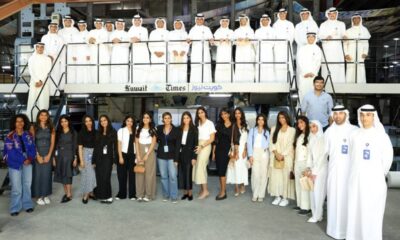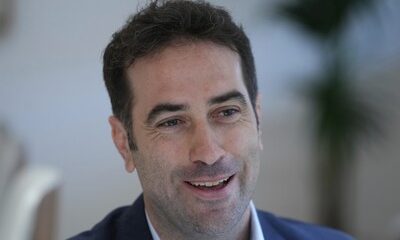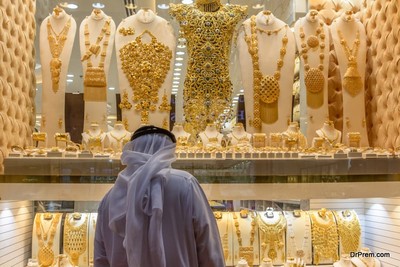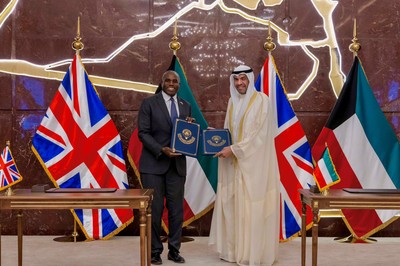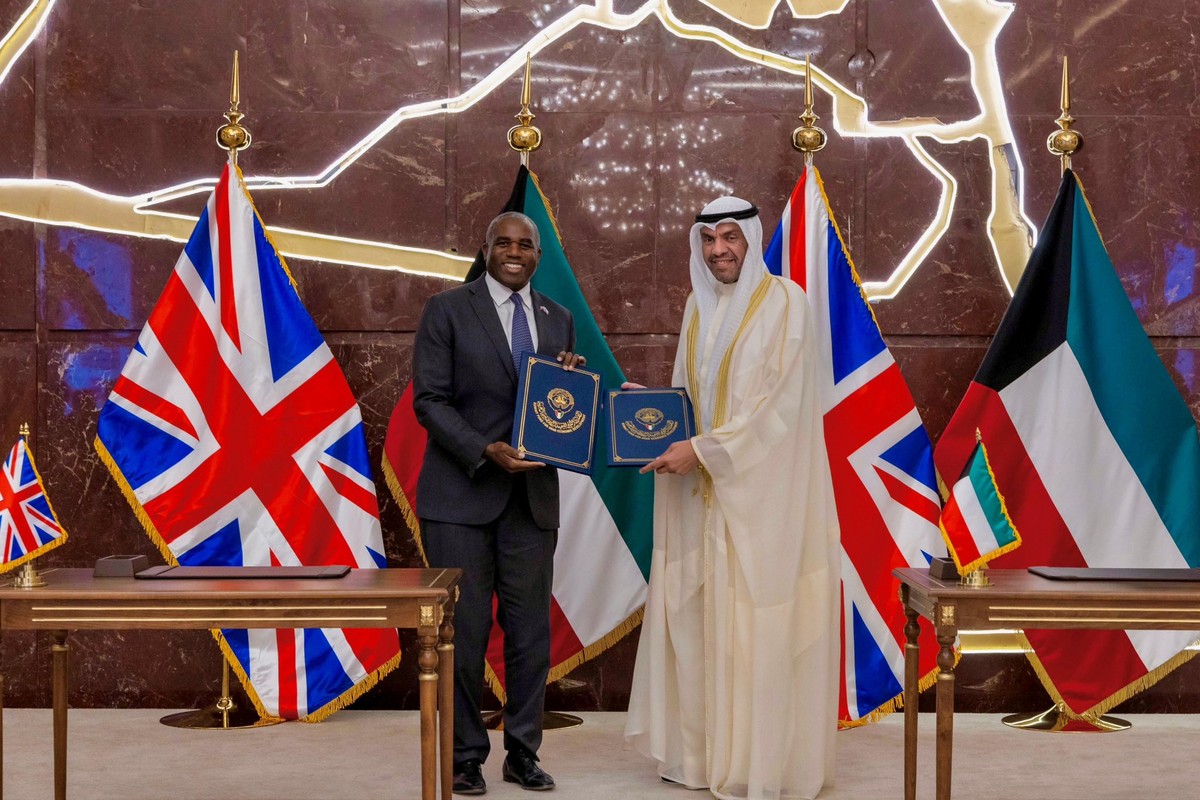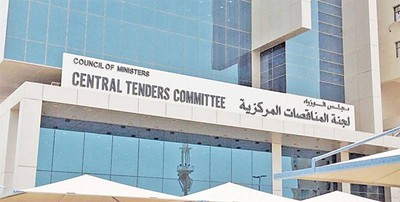KUWAIT CITY, Apr 23: Mr. Isam Al-Sager, Vice Chairman and Group CEO of National Bank of Kuwait (NBK), expressed unwavering confidence in the bank’s ability to swiftly adapt to the evolving economic landscape, all while maintaining its leadership position in the local market.
On the sidelines of the analyst conference call for the first quarter of 2025, Al-Sager stated, ”We not only overcome these challenges, but we seize them as opportunities to build a stronger and more sustainable future.” He emphasized that NBK continues to enhance its flexibility, investment, and technology, all while maintaining a steadfast commitment to the highest quality standards in addressing the evolving needs of its customers.
He highlighted that NBK’s regional and international presence remains a key factor in mitigating risks, stabilizing revenue, and improving operational efficiency. He further stressed that the Group’s ongoing goal is to drive value and profitability by strengthening the integration of its businesses and expanding cross-selling opportunities across the various markets in which it operates.
Al-Sager emphasized that the Group’s wealth management business will continue to leverage its extensive experience in delivering a comprehensive approach to portfolio management, advisory services, and investment opportunities. Meanwhile, its Islamic banking arm, represented by Boubyan Bank, will further reinforce NBK’s distinctive position in the local market and play a pivotal role in diversifying its sources of profitability.
He attributed the 8.5% year-on-year decrease in the bank’s net profit for the first three months of 2025 primarily to the introduction of the new Domestic Minimum Top-up Tax (DMTT), which took effect this quarter. This led to an increase in the effective tax rate to 16.3% in 1Q2025, compared to 9.2% in the corresponding period of 2024. He noted that, excluding the impact of the new tax, pre-tax profit actually saw a 0.8% year-on-year increase, reaching KD 173.4 million in the first quarter of 2025.
Al-Sager stated that the Group’s returns remained robust despite the impact of the new tax system, with the return on average assets reaching 1.33% in the first quarter of 2025. Meanwhile, the return on average shareholders’ equity stood at 13.1%. He also highlighted that the Group’s loan portfolio is strategically allocated, with 70% originating from Kuwait and 30% generated through its international presence.
“NBK reaffirms its unwavering commitment to sustainability and advancing its sustainable financial agenda. The successful issuance of the first green bonds in 2024 stands as one of the bank’s most significant achievements, attracting strong interest from international investors and reaffirming the market’s confidence in our ESG strategy,” Al-Sager added.
He highlighted that the bank continues to make significant strides in integrating climate-related standards into its operations, with a particular focus on reducing the carbon footprint of its investment portfolio and effectively managing climate risks. He noted that these efforts align with leading international standards, strengthening NBK’s role as a key player in supporting Kuwait’s commitment to achieving carbon neutrality, while also reflecting its crucial role in driving the transition toward a low-emission economy.
Kuwait’s Economy
On the performance of the Kuwaiti economy, Al-Sager stated that despite the slowdown in macroeconomic activity in 2024, the near-term growth outlook for 2025 remains optimistic. He attributed this positive outlook to several key factors, including the anticipated easing of voluntary production cuts by OPEC+, the gradual recovery of consumer spending, credit growth, the resurgence of momentum in project market activities, and the potential acceleration of public investment.
He explained that, supported by these factors, Kuwait’s GDP is expected to grow by 3.0% in 2025.
Regarding the projects market, Al-Sager noted, “The market experienced some slowdown in the first quarter of 2025, following a strong year of activity in 2024. The value of projects awarded in the first quarter reached over KD 400 million. However, the outlook remains promising, with projects in preparation estimated to exceed KD 10 billion, reflecting the government’s strong commitment to advancing its development and reform agenda at an accelerated pace”.
As for the short-term outlook for oil prices, Al-Sager remarked that as the government continues to focus on implementing its development plan, oil price fluctuations have become less impactful on capital spending. He explained that this type of spending now accounts for less than 10% of the total government budget, reducing the likelihood of significant savings should oil revenues face pressure. He also noted that the first two years of capital spending will primarily focus on addressing infrastructure gaps, with the provision of basic services to meet population growth remaining a key priority.
He stated that the recently approved Financing and Liquidity Law provides the government with greater flexibility in managing its financial resources, enabling the issuance of debt instruments worth up to KD 30 billion.
On the mortgage law, Al-Sager explained that several important meetings have recently been held to approve the law, including discussions with the Public Authority for Population Welfare to sign advisory service agreements with real estate developers. He indicated that the law is expected to be approved due to its strategic importance, particularly given the more than 100,000 pending housing applications and the growing population of Kuwaiti youth, which adds approximately 10,000 new applications annually.
Furthermore, Al-Sager emphasized that the banking sector’s strong liquidity position strengthens its ability to play a key role in addressing the housing problem in Kuwait.
The GCC & The Global Economy
Al-Sager pointed out that, supported by robust fiscal reserves, ambitious economic reform programs, continued progress in major projects, and strong demand, the economies of the GCC are expected to maintain relatively strong performance in 2025. However, he cautioned that tightening global financial conditions could dampen investment and trade flows, increase financing costs, and potentially lead to a decline in demand, along with volatile oil prices.
Regarding the global economy, Al-Sager noted that it has recently navigated a complex environment marked by shifting monetary policies and escalating geopolitical tensions. He pointed out that the recent trade war and tariffs imposed by the US administration have cast a shadow over the economic landscape, potentially contributing to higher inflation rates and a slowdown in growth, further deepening the uncertainty surrounding the global economic outlook.
Robust Operational Performance
In the meantime, Mr. Sujit Ronghe, NBK Group Chief Financial Officer, stated that despite the impact of the new tax regime, the Group maintained strong operating performance in the first quarter of 2025, driven by significant growth in business activities, particularly in lending and investment. He highlighted that the operating income mix remains well-balanced, with non-interest income comprising 24% of total revenue sources.
Ronghe emphasized that NBK Group’s financial position remains robust, characterized by high levels of credit quality, strong capitalization, and the bank’s ability to generate operating profits that enhance its capacity to absorb credit losses.
He further noted that the Group continues to leverage its unique advantage among Kuwaiti banks, particularly through its broad geographical presence via a network of overseas branches and subsidiaries, along with its ability to offer both conventional and Islamic banking services.
He highlighted that operating income during the first quarter of 2025 was distributed across key business segments, with overseas branches and subsidiaries contributing 26%, Islamic banking 22%, consumer banking 20%, corporate banking 12%, and NBK Wealth 9%.
Ronghe further explained that overseas branches and subsidiaries accounted for 27% of the Group’s net profit during the first quarter of 2025, while Islamic banking contributed 19%, corporate banking 17%, consumer banking 16%, and NBK Wealth’s contribution reached 10%.
He also noted that IBG and Boubyan Bank collectively contributed 44% and 23%, respectively, to the Group’s total assets, reinforcing the Group’s strategy of diversifying its revenue sources.
Ronghe noted that the Group’s loans and advances saw impressive growth during the first quarter of 2025, reaching KD 24.6 billion, reflecting a 9.9% increase compared to March 2024 and a 3.8% rise on a quarterly basis. This growth was driven by higher loan volumes in both Kuwait and international markets, across conventional and Islamic banking services.
He further pointed out that, amidst the prevailing economic uncertainty, loan growth in 2025 is expected to remain in the single-digit range. However, any improvement in global conditions, a faster pace of project implementation, or the approval of the mortgage law in Kuwait could significantly boost the growth of loan activities.
Regarding the recently implemented DMTT tax in Kuwait and its impact on the bank’s profits for the current year, Ronghe stated: “The executive regulations of the law are expected to be issued within six months of its adoption. In the absence of detailed regulations at this stage, current estimates suggest that the effective tax rate for 2025 will range between 16% and 17% of pre-tax profits.
He pointed out that the net interest margin for the first quarter of 2025 was impacted, reaching 2.45%, due to an unfavorable shift in the asset mix, along with the annual effect of the depreciation of the Egyptian pound and the decline in historically high interest rates. However, the recent approval of the Finance and Liquidity Law in Kuwait boosts expectations for the upcoming issuance of sovereign debt instruments this year, which will allow the bank to repurpose liquidity into interest-bearing assets.
He emphasized the bank’s capacity to provide the necessary financing for development projects currently in the pipelines, supported by its diversified and stable financing base, which aligns with NBK’s strategy for sustainable growth.
Regarding his outlook for the operating environment, Ronghe stated: “Despite the prevailing uncertainty in the economic landscape, we remain cautiously optimistic that the overall operating environment, although challenging, stabilize in due course during 2025”.

 Politics19 hours ago
Politics19 hours ago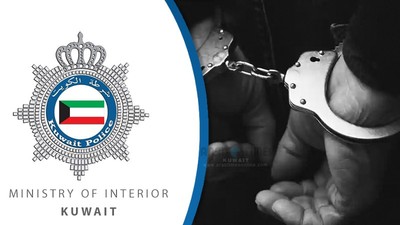
 Politics11 hours ago
Politics11 hours ago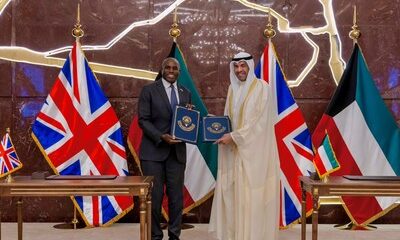
 Business9 hours ago
Business9 hours ago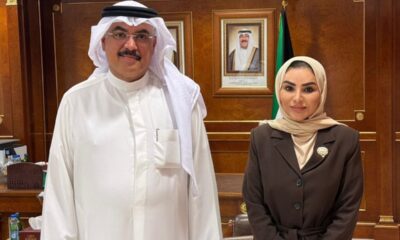
 Latest News14 hours ago
Latest News14 hours ago
 Politics15 hours ago
Politics15 hours ago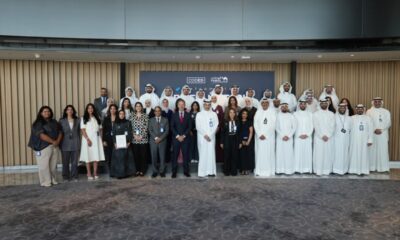
 Latest News9 hours ago
Latest News9 hours ago
 Business15 hours ago
Business15 hours ago
 Business8 hours ago
Business8 hours ago
